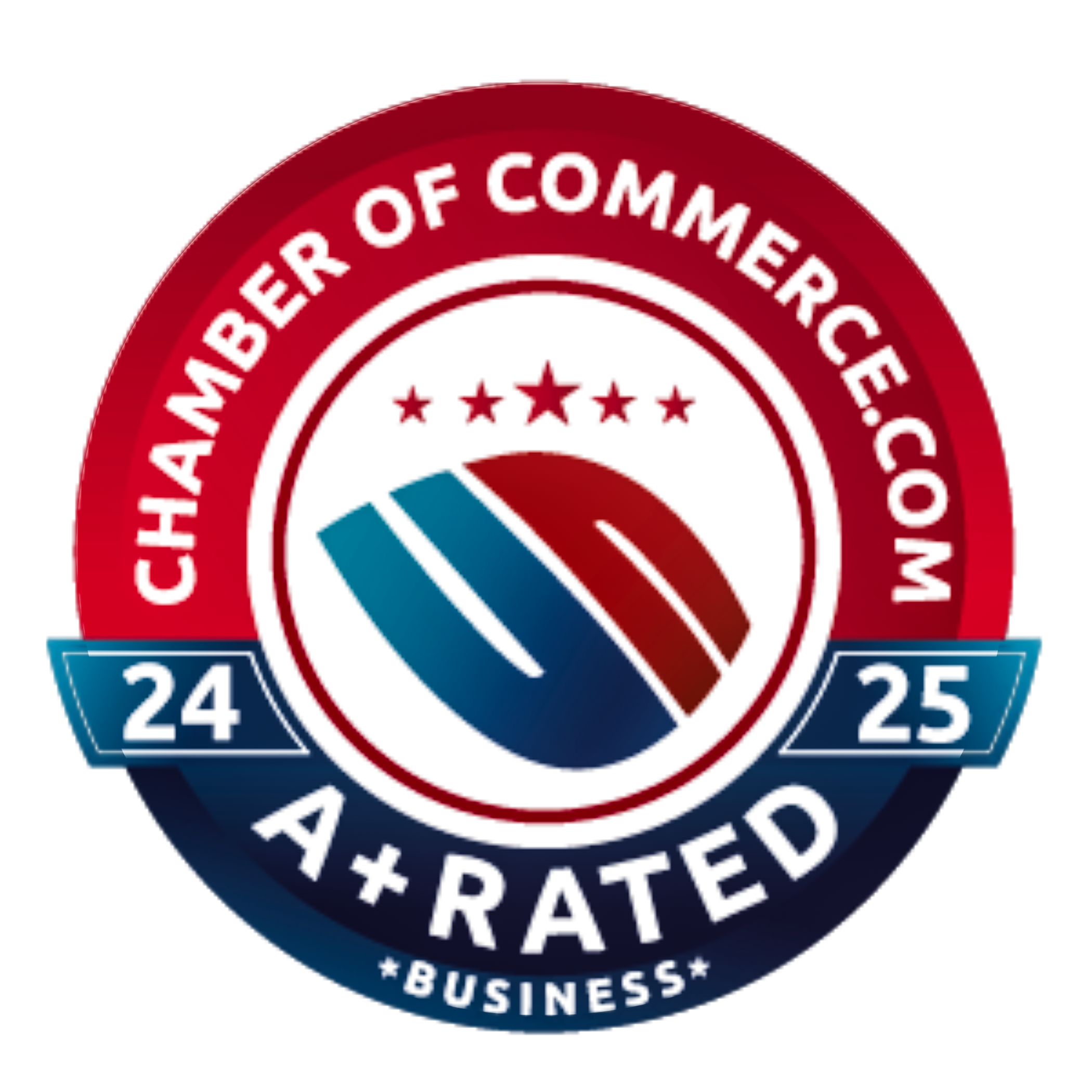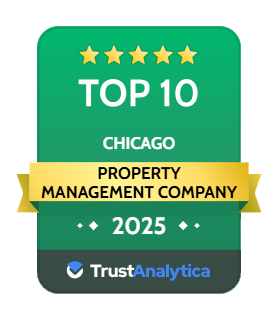Hi everyone, welcome back! Jason Marcordes here with Landmark Property Management. Are you trying to buy your first rental property? Or maybe you already have a few rental properties but you're strapped for cash and you're trying to figure out how to afford your next rental property. Today I'm going to walk you through a few strategies to purchase your next rental property with little to no money down.
This is an exciting topic for those who are eager to start or continue their real estate journey, but feel held back by not having enough money for your down payment. How do you buy a rental property with no money down? This is the million dollar question! If you can figure this out, your real estate investing journey can be taken to new heights. I promise you, if you can master these tactics, scaling your real estate portfolio is going to be significantly easier. I know it sounds to good to be true, it can sound like a scam, or like BS, but it's not. There are real estate investors out there that are buying rental properties with no money, every single day.
Alright, without further adieu, let's jump in and figure out how to buy a rental property with no money down.
1.) Use VA or FHA Loans
VA Loans
If you're a veteran, first off, thank you for your service! Secondly, if you haven't used your VA loan yet, you absolutely need to! The VA loan allows you to purchase a property with $0 down - it's an incredible product and you should take advantage of it. Most of the guidelines for the VA loan are the same as the FHA loan guidelines below so keep reading to find out more!
FHA Loans
If you're not a veteran, there's another loan product out there called FHA. This program allows you to buy a property with only 3.5% of the purchase price down. Now, I understand that 3.5% may add up depending on the price of the property so the way you offset that is with seller credits. In an FHA transaction, sellers are allowed to offer up to 6% in closing cost credits so you should structure the deal so that the closing cost credits offset your down payment. This is the way you're able to purchase the property with no money down. Now it is important to note, that these loan products are for owner occupied properties only so they need to become your primary residence. Therefore, you're going to want to look for properties with between 2 and 4 units so that you can live in one and offset your living expenses with the rental income from the other units.
My wife and I used this strategy and bought a 4 flat back in 2019. The purchase price was $430,000 and between my broker commission and closing costs, we were able to bring less than a half percent of the purchase price to the closing table. Since then, the property has appreciated around 50% so we're sitting on a few hundred thousand dollars worth of equity, and we receive receive close to $2000 a month in cash flow. Since there was such a small dollar amount invested, the return is almost infinite. From an ROI standpoint, this deal was an absolute home run!
2.) Lease Options
The second option is a Lease Option. This is a contract that allows you to rent a property with the option to buy it before the lease expires. The purchase price is often fixed when the lease is signed.
This strategy gives you time to save for a down payment, or improve your credit score while you're already living in or renting out the property. Remember, you're under no obligation to buy, but you lose the option fee if you decide not to. You can get as creative as you'd like with this option, so I've seen people structure Master Leases on huge buildings and really knock it out of the park.
3.) Hard Money Lenders / Private Money Lenders
Hard money loans or can be another important piece of purchasing your next real estate investment.
Hard money lenders or private lenders are typically private individuals or companies that lend short-term loans specifically for real estate investments. Unlike traditional banks, hard money lenders focus more on the value of the property and its potential, rather than the borrower's credit history. This can make it a more accessible option if you're having trouble securing traditional financing. They also typically allow a higher loan-to-value than traditional lenders and sometimes you can find one willing to lend 100% of the purchase price.
Keep in mind, these loans typically come with higher interest rates and fees, and a quicker repayment schedule. They are often used for fix-and-flip properties, or as bridge loans while securing long-term financing. The goal with the hard money loan would be to keep your down payment as low as possible, add value to the property, and do a cash out refinance to capitalize on the added equity. This pays off the existing mortgage or hard money loan and allows you to put new financing on the property with better terms, all without using your own money.
When I used to flip homes, this was my primary source of funding. I paired hard money loans with a little bit of OPM, other people's money, and was able to buy real estate with very little of my own money. Regardless of whether you're looking to flip properties or looking to buy rental properties, as a real estate investor, having a few hard money lenders in your rolodex is a great idea.
4.) Seller Financing / Owner Financing
Next, we have seller financing or owner financing. This is when the owner of the property acts as the bank. They agree to sell you the property, and you pay them monthly mortgage payments. The terms of these types of deals are highly flexible and depend on the agreement between you and the seller. The goal here is to negotiate a deal where your down payment is as small as possible.
But remember, you need to prove to the seller that you can make these payments. Establishing trust is key here. Often, this works best with investment properties that have been on the market for a long time, or if the owner is eager to sell.
If you're interested in learning more about seller financing, I highly recommend checking out Pace Morby. He's like the Yoda of seller financing. He has tons of good content out there that goes over how to purchase cash flow positive investment property using these creative financing strategies with none of your own money.
5.) JV Partnerships
The next strategy involves joint venture partnerships. On your next real estate deal. you can team up with someone who has the financial resources but needs your expertise to find or manage properties.
This can be a win-win situation as you leverage each other's strengths. But as with any partnership, make sure everything is clearly outlined in a legal agreement.
6.) Real Estate Syndications
Real estate syndication is a partnership between several investors who pool their resources together to purchase a property that would otherwise be beyond their individual reach. In this arrangement, there's the General Partners, or active investors, who identify the property, manage the acquisition process, and oversees the management of the property.
Then, there are the Limited Partners or passive investors who contribute the bulk of the capital. They earn returns on their investment but have limited say in day-to-day operations. This model allows individuals to partake in large-scale real estate investments with potentially significant returns. Learning to syndicate real estate using other people's money is a complete game changer and can take your real estate investing to another level.
7.) Subject To (the Seller's Mortgage)
Now, let's dive into another interesting method of acquiring properties known as 'Subject To' deals.
In a 'Subject To' agreement, you purchase a property subject to the existing financing. This means the existing mortgage remains in the original owner’s name, but the deed transfers to you, the buyer with little or no money.
Essentially, you're taking over the seller's mortgage payments without officially assuming the loan. This strategy can be beneficial when the existing interest rates are favorable, or if you're unable to qualify for a traditional loan.
But caution is key here. If payments aren't made, it could negatively impact the original owner's credit. Always consult with a real estate attorney to understand all implications. That goes for anything we discussed today. While structuring deals to minimize your down payment or buying a property with no money can be lucrative, it doesn't come without risk. Make sure the deal makes sense and that you've checked with your attorney and financial advisors before jumping in a real estate deal like this.
Feel Free to Reach Out
Alright, I hoped this helped. If you have questions about real estate investing or how we can help make you next real estate investment a home run, consider us at Landmark Property Management a resource, we’re always happy to help. Feel free to check out our website at ChicagosPropertyManagement.com or give us a call. Thank you!


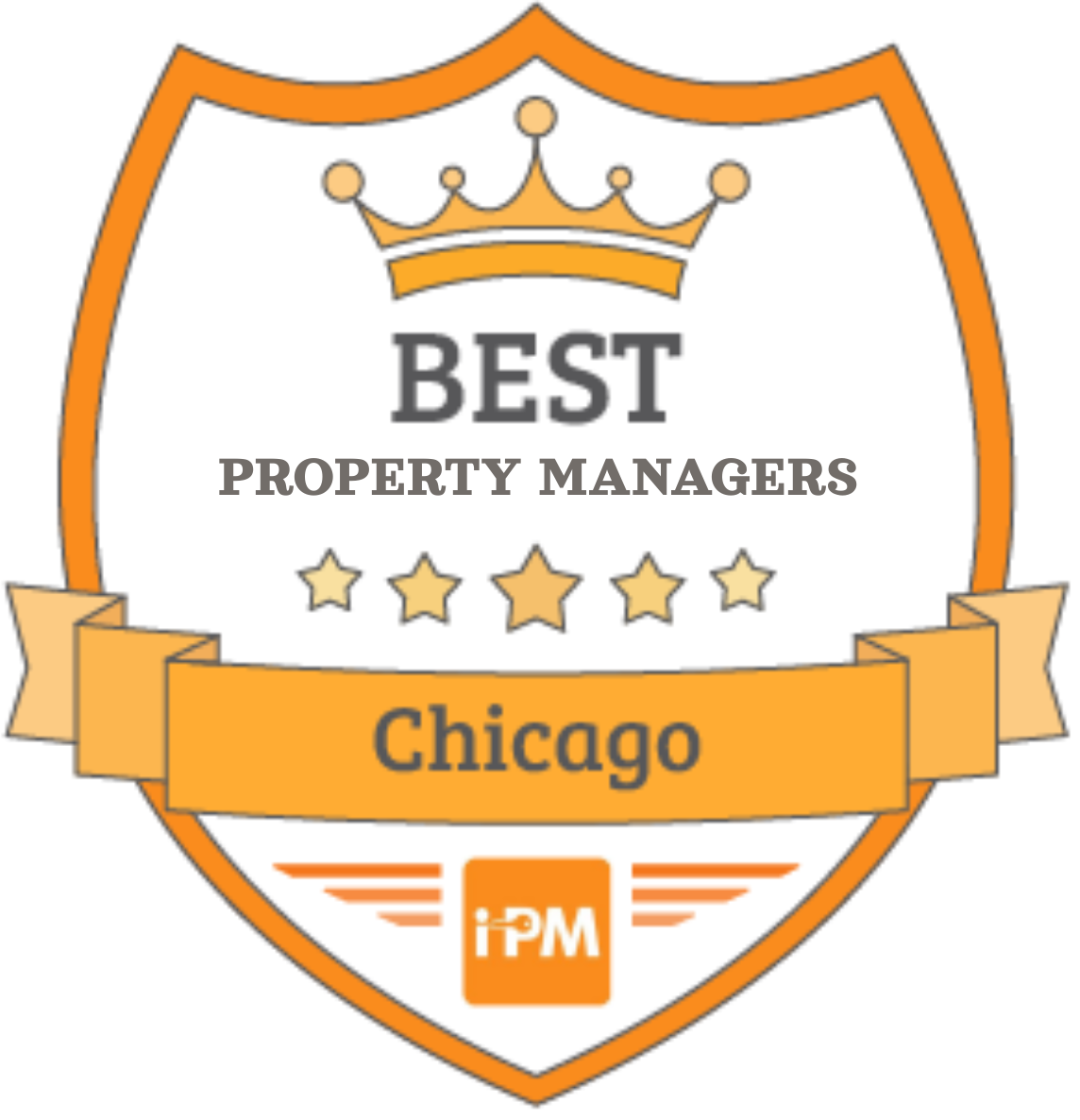
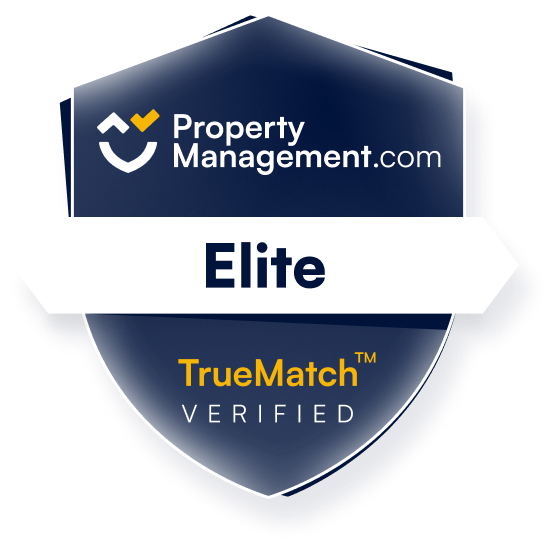
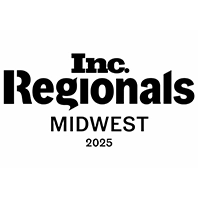
.png)

